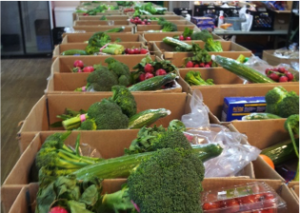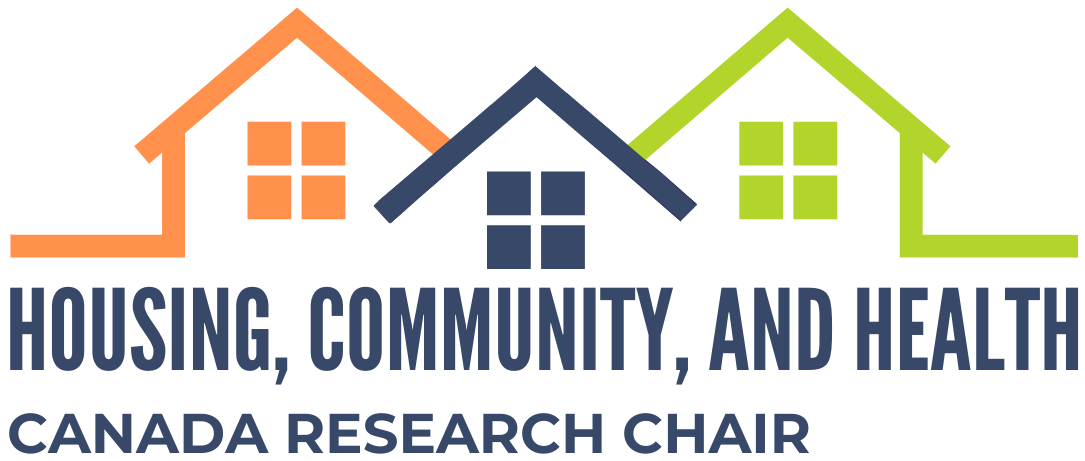Do community-based food security interventions influence use of community services, food security, social integration and health among new users?

In Canada, hunger jeopardizes the health and well-being of one out of eight households. Food bank donations are a well-known attempt to resolve the problem, but not everyone agrees on their benefit. Some feel they undermine the movement to adopt policies to fight against poverty, while others see them rather as a bridge to additional community services that help people pull through. Who is right?
The aim of this study is to estimate the long-term effects of food donation programs on food insecurity, social integration, and health, as well as to identify the conditions that facilitate the transition from food donation programs to capacity-building programs among new users. The study will focus on four regions in Québec: Montréal, Estrie, Lanaudière, and Mauricie-Centre-du-Québec.
To investigate, our team will conduct a quantitative study of 1,800 new users of 180 community organizations offering food donations. We will also conduct qualitative interviews with leaders from these organizations as well as around 40 users to improve our understanding of the various pathways followed by food donation program users.
This project incorporates an integrated knowledge translation (iKT) approach to ensure that evidence produced concerning the role and value of food donation can be used to adapt practices to the strategies households affected by food insecurity use to feed themselves, equip and train intervention workers, and inform decision-makers at the local, regional, and national levels.
Food Needs and Habits of Food Insecure People in Montreal Neighbourhoods
Food insecurity (FI) in Montreal is a major public health problem affecting approximately 250,000 Montrealers. FI occurs when individuals and households do not have enough money to adequately or sufficiently feed themselves. The impacts of FI on well-being and physical and mental health can be serious and, in many cases, are being magnified as a result of measures to limit the spread of COVID-19.
This project will analyze the dietary and food supply patterns of low-income households according to neighborhood-level access to food-related resources (markets, food security organizations, other initiatives to improve access to healthy food) in four neighborhoods.
Our mixed-methods approach includes:
- Preliminary research: Map food resources in four underprivileged areas in Montreal.
- Quantitative research: Assess the dietary habits and access to food resources of 800 low-income households stratified by the presence or absence of food security initiatives
- Qualitative research: Strengthen our understanding of specific needs and use of food security initiatives among a sub-sample of households, selected according to their food insecurity status.
- Qualitative research: Conduct focus groups with community stakeholders to document food security innovations implemented since the beginning of the COVID-19 health crisis.
- Support knowledge translation and exchange to improve local and regional programs and practices.
Partners: Centre de recherche en santé publique (CReSP) | CIUSSS du Centre-Sud-de-l’Île-de-Montréal (CCSMTL)
Funding: Direction régionale de santé publique de Montréal (DRSPM – Montréal regional health authority)
